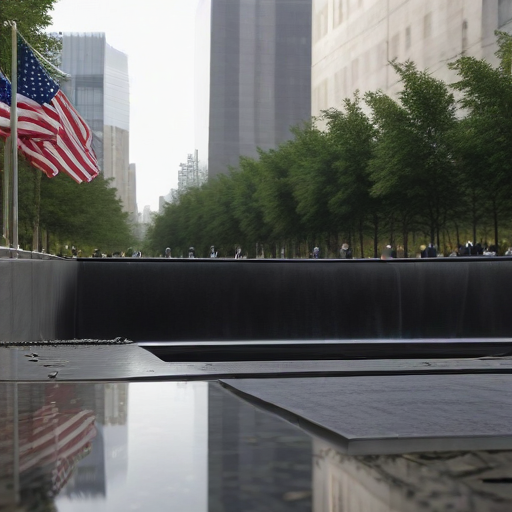During a recent bipartisan hearing, tensions rose as Republican Representative Pat Fallon confronted acting Secret Service Director Ronald Rowe regarding his presence at a 9/11 memorial event. The event featured prominent figures, including President Biden and Vice President Kamala Harris, and came under scrutiny when Fallon accused Rowe of engaging in political maneuvers.
The exchange escalated when Fallon presented a photograph from the memorial, with Rowe positioned behind Harris. He pressed Rowe about security protocols at significant events, suggesting that Rowe’s attendance could have jeopardized the protective arrangements for the leaders present. Rowe defended his attendance, emphasizing that he was there to honor the fallen Secret Service members from 9/11 and that his presence did not interfere with necessary security measures.
Fallon, however, dismissed Rowe’s explanations as unsatisfactory and accused him of political posturing, leading to a fiery back-and-forth between the two. Rowe responded passionately, highlighting his service and dedication to the agency, while urging against politicizing somber remembrances like 9/11.
This confrontation occurred in the context of investigating security lapses that led to an assassination attempt against President-elect Trump earlier this year, underscoring the challenges faced by the Secret Service in protecting high-profile individuals.
Rowe acknowledged the agency’s shortcomings during his testimony, recognizing the failure to adequately secure the event where the assassination attempt happened, and vowed to address the operational gaps identified during the incident. With anticipated changes in leadership forthcoming once Trump assumes office, the scrutiny on Secret Service operations and their capacity to protect public figures remains a pressing issue.
This interaction highlights the intersection of political tensions and public safety concerns, showcasing the importance of rigorous security measures while also reminding us of the vital role of accountability within federal agencies. As the task force continues its work, there remains hope that the findings will lead to meaningful reforms, enhancing security protocols and restoring public confidence in protective services.
